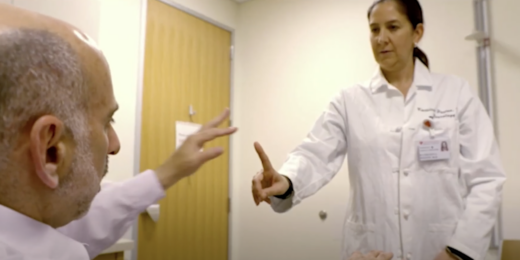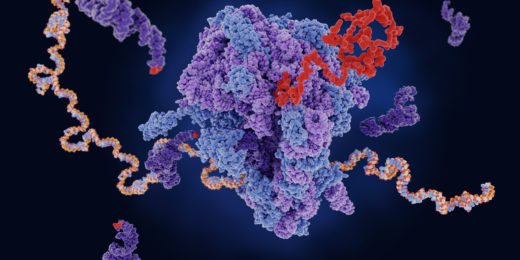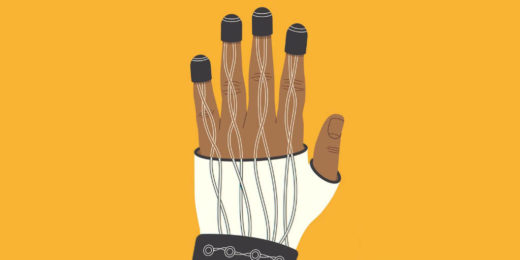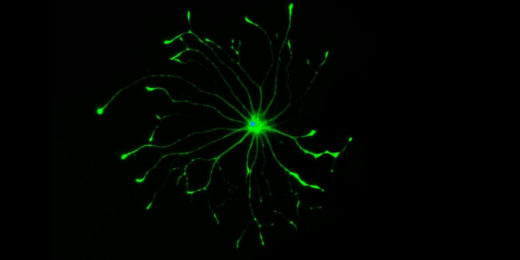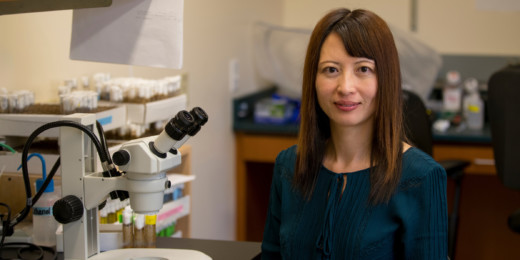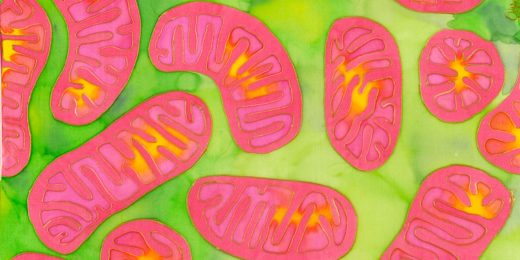A new test can detect the biological signature of Parkinson’s disease before symptoms arise. A Stanford Medicine neurologist explains why early diagnosis opens the door to better therapies.
Category: Parkinson’s
What’s the role of protein machines in diseases of aging?
Researchers find that the ribosome, a protein-making machine, may contribute to diseases of aging, such as Alzheimer's and Parkinson's.
Vibrating glove shows promise for calming Parkinson’s symptoms
A Stanford neurosurgeon developed a glove that delivers vibratory bursts of electricity to the fingertips to quell Parkinson's symptoms.
From angel to demon: Why some brain cells go ‘bad’
Four years after his death, possibly the greatest mystery famed neuroscientist Ben Barres ever sought to solve has become a bit less opaque.
Potential diagnostic, hope for a Parkinson’s disease treatment
A new discovery could provide a way of detecting Parkinson's disease in its earliest stages, before symptoms start. And it could accelerate the development of …
Graduate student gives Parkinson’s patients a platform to tell their stories
Graduate student Johanna O'Day has started an effort that helps Parkinson's patients tell their story and connects researchers and patients.
Behind many a Parkinson’s case lurks a mutation in a gene called LRRK2 — why?
Genetic mutations affecting a single gene called LRRK2 play an outsized role in Parkinson's disease, but nobody's been able to say what the connection is between the genetic defect and the brain-cell die-off that characterizes the condition. Here's a clue.
Parkinson’s is more complex than anyone thought, new research suggests
Stanford researchers set out to test a seminal theory of Parkinson’s disease and several related conditions. What they found is more complex than anyone had imagined.
Defects in mitochondria, cells’ internal power packs, further linked to Parkinson’s in Stanford study
New research suggests that targeting mitochondria could be a way to treat Parkinson's disease.


